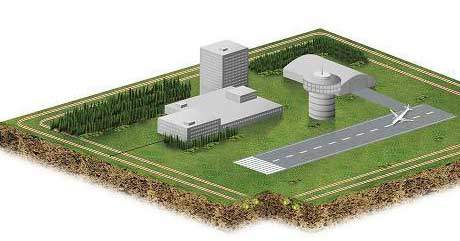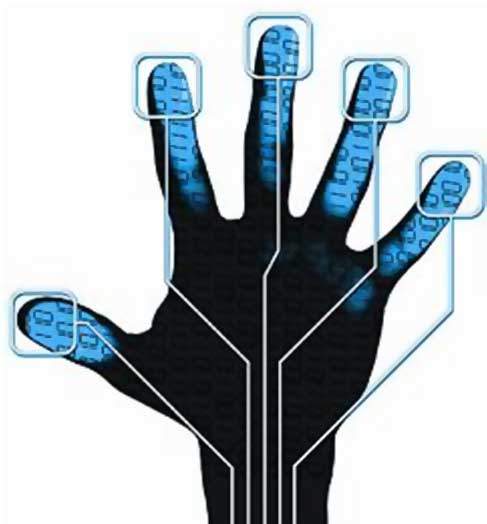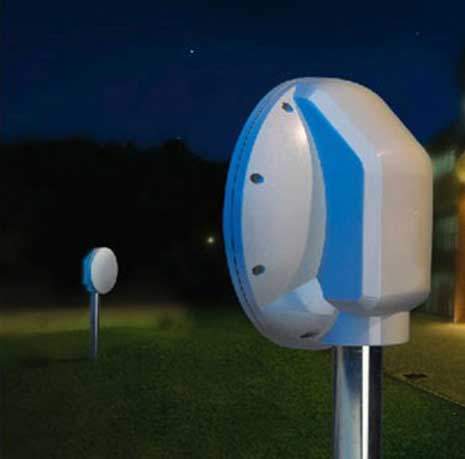
STEKOP
Technical Security Protection Systems for the Airline Industry
Subscribed
You have successfully submitted your enquiry. Someone from our company will respond ASAP
About Us
STEKOP, a company of pure Polish descent, started in 1983 as a producer, designer and installer of technical protection systems for premises. The traditions of the company are interconnected with the origins and organization of security in Poland.
STEKOP has a dense network of local branches and agencies in a vast area of Poland and employs about 1,500 people. This includes 50 specialists in technical property protection and a large group of specialists in the organization and management of security. The newly built and modern headquarters has a design study, electronic and IT laboratories.
Security and monitoring systems
STEKOP’s design of the first Polish monitoring system, SEZAM provided a foundation for establishing the first Polish security agency in 1990. The agency, System Ochrony SEZAM, deals with professional monitoring of premises and uses intervention groups.
STEKOP is a chartered member of the Polish chamber of security, and works actively with the all-Polish association of designers and installers of alarm systems, POLALARM.
Awards, prizes and certification
In 1995 STEKOP was transformed into a joint stock company. STEKOP has successfully expanded its market and the range of products and services it offers. Numerous awards and prizes confirm the leading position of its technical solutions and the quality of its products and services.
STEKOP implemented the quality management system ISO-9001 in 1997, which it had confirmed with certification. Currently, STEKOP has the quality management system ISO 9001-2000 certificate, broadened by AQAP 2110 NATO’s quality requirements.
Technical and physical security services
In addition to the production of devices and systems, STEKOP provides a full range of services in technical and physical security throughout Poland. Additionally, it offers the following services, which are also ISO 9001-2000 certified: cleaning, special cleaning, real estate management and catering.
Technical protection systems
All STEKOP products are based on the solutions worked out in the STEKOP design office and include:
- Threat monitoring systems
- Robbery and burglary (intruder) signalling systems including alarm controllers class ‘S’
- Integrating system type ‘intelligent building’
- Access control systems
- Comprehensive design and providing equipment for monitoring centres
- Extinguishing systems based on aerosol extinguishant generators
Client security and technical service operations
STEKOP offers client security using a modern, IT technology operation centre. This centre manages the networks of monitoring and intervention teams throughout the country and coordinates technical service operations. The centre also provides services for accepting emergency orders and managing intervention teams for other security firms.
Authorized access to business and state-secret information
STEKOP has the first degree Industrial Security Certificate for clauses ‘secret’ and ‘NATO secret.’ This permits STEKOP to carry out contracts requiring access to state secrets with the possibility of processing classified electronic documents in its company headquarters. STEKOP fulfills the regulations of the Classified Information Protection Act. The company can process classified information, it has the full power to employ its own security, a telecommunications security inspector, a telecommunications network administrator as well as a large group of employees who hold security certificates.
Contact Details
Website
Email Address
Address
Warsaw,
02-127,
Other,
Poland



